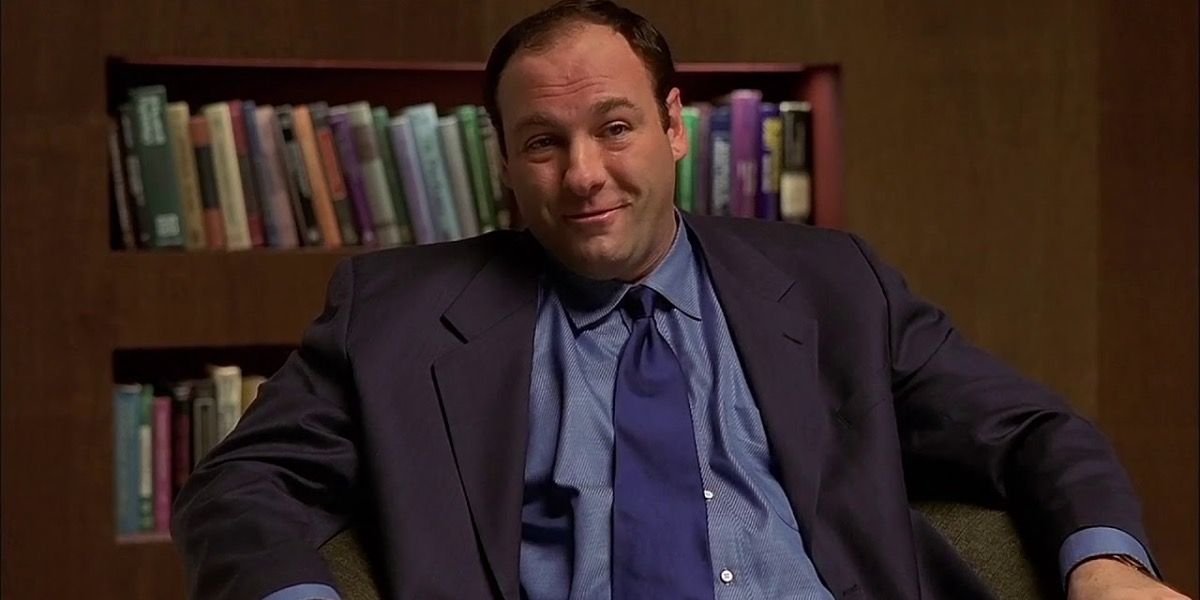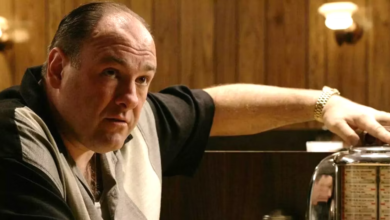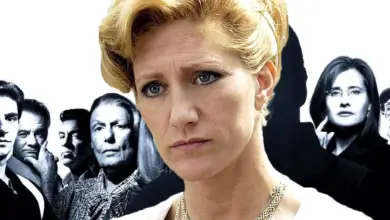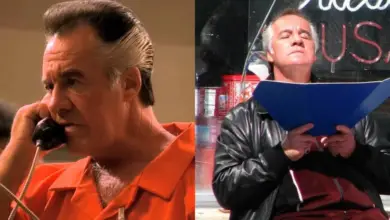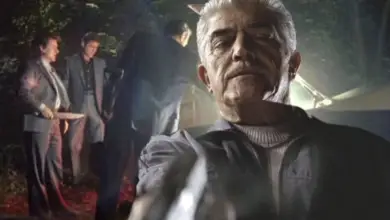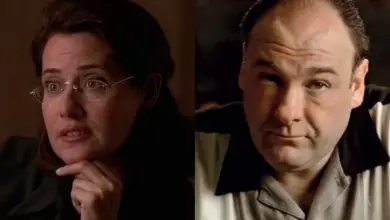“We Can Root For That”: Why Tony Sopranos Is The Ultimate Antihero Broken Down By Psychologist
A psychologist breaks down why Tony Soprano is the ultimate antihero, explaining what The Sopranos uses to help audiences understand him.
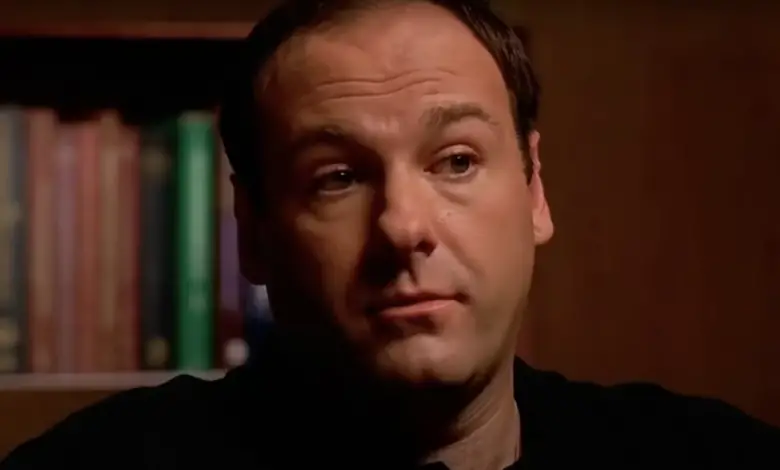
A psychiatrist has broken down why Tony from The Sopranos is the ultimate antihero. The series, which premiered on HBO back in 1999, is centered around James Gandolfini’s character, a member of the Mafia and head of the DiMeo crime family. Early on, the show finds Tony seeking therapy from Jennifer Melfi (Lorraine Bracco), and their sessions reveal a lot about his personal life. Through six seasons, The Sopranos was praised by critics and audiences alike, and Gandolfini’s performance has established Tony as a memorable protagonist in television.
In a recent video for GQ, Dr. Eric Bender explains what makes Tony Soprano an antihero. The psychiatrist discusses his therapy scenes and notes that Gandolfini’s character has gone through traumatic events in his life. Bender adds that audiences root for Tony because they can still sympathize with him in some way, pointing to his interactions with other people, including his family. Read Bender’s comments regarding Tony Soprano below and check out the video, at around the 6:45 mark:
“This is one of the first times that we see a realistic depiction of therapy on television. We see how people get frustrated with it, at one point he says, ‘Therapy’s a j—k-off, you know it, I know it,’ and his therapist’s like, ‘I actually don’t know it.’ That’s some version of something I hear from patients all the time, they don’t usually use those vocabulary words, but they will tell me they get frustrated, ‘When is this going to end? What is the point of all this? What am I supposed to do with all of these feelings?’ When we look at personality disorders, we consider, ‘Is someone’s interactions with the world around them vastly different from the cultural norm?’ He’s ensconced in the culture of the mafia, where we expect people to be violent, to do the things they need to do in order to get what they want. So, in some ways, he’s functioning quite well in that culture, but take him out of that and put him into the culture at large and his family culture, he is not able to do it. He doesn’t know how to do it, and that could be for a number of reasons. He grew up in a family that was a mafia family, he saw his father take someone’s finger off for not paying them, he witnessed a lot of violence, clearly, his mother was very argumentative, likely had traits of narcissistic personality disorder, as well as some other personality traits.
“There’s a term called Adverse Childhood Experience, or ACES, those are events that happen in a child’s life — traumatic events often. Tony has a number of ACES, if you go down the list and take an ACE inventory, it’d be very interesting to see where he lands. He’s an antihero because he’s someone who, just like us, is trying to have a family, get through the day-to-day life, try to deal with things that are out of his control, such as his son’s depression. He’s really trying to do his best, and we empathize with that, we can root for that. Tony spills his guts in his own Tony way, saying he’s got the world by the balls, but he keeps feeling like a loser, he feels like a loser because he does not know how to connect to people, he doesn’t know how to go about saying to his daughter, ‘Let me be curious about you, let me make space for you.’ He doesn’t know how to tell his son, ‘This is awful.’ Instead, he says, ‘Snap out of it’ or ‘You’ve gotta stop doing this, you gotta do this,’ he doesn’t know how to father his kids, and kids don’t come with an instruction manual. In his case, the idea of getting help means he’s not doing something right, he is not good, and he can’t stand that feeling.“
What Therapy Revealed About Tony In The Sopranos
It was revealed that Tony began therapy after collapsing from a panic attack, and despite some hesitation upon meeting Dr. Melfi, where he admitted to feeling depressed, he continued with their sessions. As The Sopranos progressed, Tony’s visits with Dr. Melfi became an important part of the story, with her learning more about his life and the level of stress he dealt with. Whether it helped him or not, over the course of The Sopranos, Tony faced issues related to his mother and his home life in therapy, and he even got Carmela (Edie Falco) to attend.
Tony’s relationship with Dr. Melfi was also explored during The Sopranos‘ therapy scenes, and although it seemed like a romance might potentially develop, things never officially reached that level. While the two shared a kiss, and Tony did dream about his therapist early on, they managed to remain doctor and patient, but she eventually stopped treating him. Throughout the series, Tony’s temper became noticeable too, including in therapy when Dr. Melfi discussed his mother, which resulted in him threatening her.
Because of how the series plays out, and what his fate in the final episode of The Sopranos is, Tony does become an antihero. The show presents Tony as someone audiences can feel for, even if he has done bad things. He might not have been receptive to the idea of help, but it’s that help that gives viewers the chance to see more of him.


